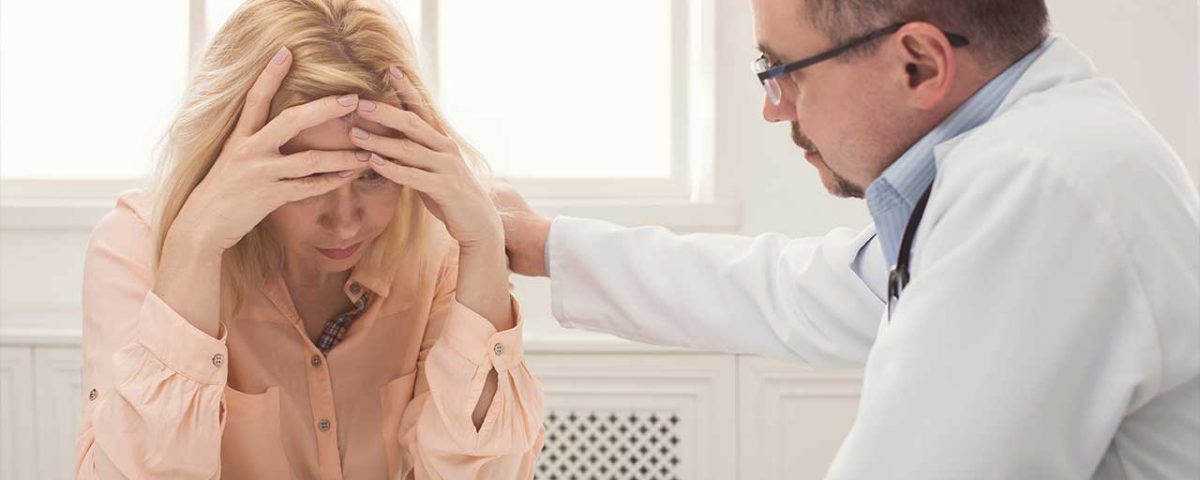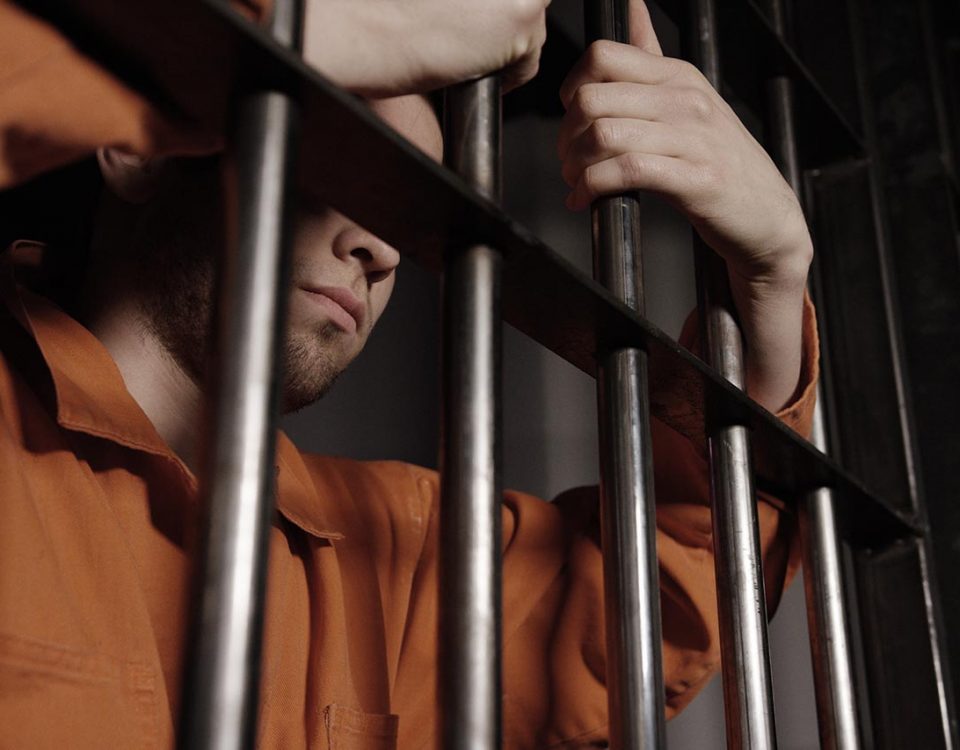Addicts aren’t the only ones who suffer from their addiction.
Many addicts’ friends and families have also been caught in the crossfire of substance abuse. These individuals are usually the ones who act as the addict’s support system during recovery. When they’re able to get their loved one addiction treatment, lots of that hurt can be healed. Unfortunately, some addicts in recovery fall back into their old habits. These are the moments that can be especially difficult for the individual as well as those closest to them. Many people in this situation don’t know what to say to someone who relapsed.
As a rehab center in Palm Springs, we’re dedicated to helping our patients during and after their time with us. We understand how difficult it can be to witness a loved one falling back into active addiction after rehab. That’s why we want to help you learn how to talk to an addict who has relapsed.
What Do You Say to Someone Who Relapsed?
Relapse is a common issue that many recovering addicts struggle with. It’s normal for people in the early stages of their recovery to relapse. While a residential treatment program often teaches addicts skills for sustaining sobriety, the transition back into everyday life after rehab can be tough. There are many new challenges recovering addicts face when they complete treatment. At Banyan Palm Springs, we know that while relapse isn’t guaranteed, it is normal in the first year of recovery. Especially if someone close to you is in recovery, it’s important to know what to say to an addict who has relapsed.
“Relapse is a setback, not a personal failure”
It’s normal to feel discouraged after relapsing. Many addicts feel like they failed when they go through this. However, reminding them that their relapse is a minor setback and not a definitive end to their recovery can keep them motivated to keep going.
“I’m here for you”
Sometimes people just need a shoulder to cry on. They want to know that they’re supported, even when they made bad decisions. By letting your loved ones know that they have your support, you can remind them that they’re loved and that they’re not alone.
“Let’s get you back on track”
Saying “let’s” is a big indicator of your presence in the person’s recovery. Like many of the previous statements, it’s important to remind the person that they aren’t recovering alone. Because you care about them, you want them to succeed, even if they hit a roadblock.
“What did you learn from this experience?”
Asking the individual what lesson they learned from relapse will help them realize the problems that can result from falling back into old habits. It may also put into perspective the effects their actions have on those around them.
“Let’s get you more help”
While a partial hospitalization program is effective, many individuals may require more than substance abuse treatment to sustain their sobriety after rehab. Suggesting relapse prevention help can prevent any more relapses. These programs also allow the individual to connect with and learn from others who are in a similar situation.
If you’re unsure of what to say to someone who relapsed, it’s important to remember that addiction is a chronic disease, not a choice. Fighting temptation in recovery is a challenge many addicts face in sobriety. Relapsing is difficult for all parties involved, but your support can have a huge impact on a recovering addict’s life.









